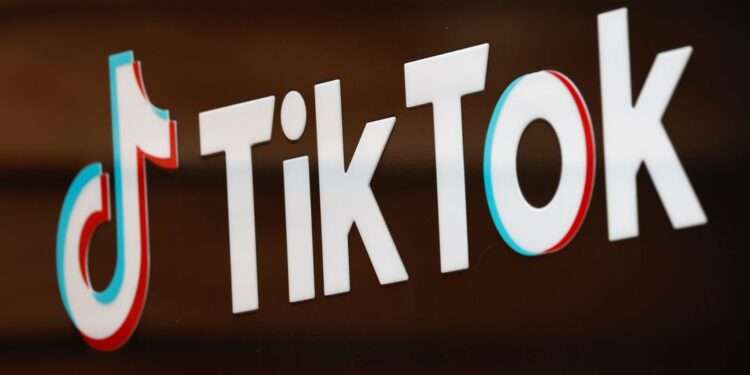Social media platforms like TikTok have recently become increasingly popular among younger generations. However, the app has also faced criticism and controversy for its data privacy practices and potential user risks. Italy is one country that has raised concerns about the app’s safety, leading to discussions about the possibility of a ban.
Balmer and Reuters raise concerns about TikTok
In December 2020, Balmer, a child protection organization in Italy, called on the government to ban TikTok following the death of a 10-year-old girl who reportedly took part in a “blackout challenge” on the app. The challenge, which involves choking oneself until passing out, has been linked to several deaths worldwide. Balmer argued that TikTok’s algorithms are responsible for promoting harmful content and that the app does not do enough to protect young users.
In February 2021, Reuters reported that Italy’s data protection watchdog, the Garante, had opened an investigation into TikTok’s handling of user data. The probe came after a 10-year-old girl’s parents filed a complaint, claiming that TikTok had failed to protect their daughter’s data and privacy. The Garante is reportedly concerned about TikTok’s collection and use of children’s data and the app’s potential to expose them to inappropriate content.
Italy is considering banning TikTok
Following Balmer’s call for a ban and the Garante’s investigation, Italy’s Minister for Technological Innovation, Vittorio Colao, announced that the government was considering banning TikTok. In a statement, Colao said that the app posed “serious risks” to users, especially children and that the government would take action if necessary. He also criticized TikTok’s response to the concerns raised by Balmer and the Garante, calling it “insufficient.”
It is not Italy’s first action against social media platforms. In 2019, the country introduced a law requiring online platforms to remove within 48 hours any “manifestly illegal” content flagged by users. Failure to comply with the law can result in fines of up to 5 million euros ($5.8 million).
TikTok’s response to the concerns
TikTok has responded to the concerns raised by Balmer and the Garante by saying that it takes the safety of its users seriously and that it has implemented measures to protect young users. The app has also reportedly changed its algorithms to reduce the spread of harmful content, such as the “blackout challenge.”
Other countries, such as the United States and India, temporarily banned TikTok in 2020 due to similar criticisms and controversies that the app faced. The app has implemented measures to address these concerns, such as increasing transparency around data privacy practices and introducing parental controls.
The debate over banning TikTok
The possibility of a ban on TikTok in Italy has sparked a debate over the app’s safety and the role of the government in regulating social media platforms. Supporters of a ban argue that it is necessary to protect children from potential harm, while opponents say that it would infringe on freedom of expression and that there are other ways to address the app’s risks.
Some have also raised concerns about the effectiveness of a ban, pointing out that it is difficult to enforce and that users can still access the app through virtual private networks (VPNs). Others argue that a ban could create alternative, potentially more dangerous platforms that are harder to regulate.
The future of TikTok in Italy
As of March 2023, TikTok is still available in Italy, but the debate over its future in the country continues. The Garante’s investigation into the app’s data privacy practices is ongoing, and the government has not yet decided on a potential ban. However, the controversy surrounding TikTok has highlighted the need for stronger regulations and protections for children on social media platforms.
In January 2022, TikTok announced that it had partnered with Balmer and other organizations in Italy to promote online safety and digital literacy for young users. The partnership includes initiatives such as workshops, training sessions, and educational resources to help young people navigate the online world safely.
TikTok has also introduced new features to enhance safety on the app, such as a “Family Safety Mode” that allows parents to control their children’s accounts and restrict certain content. The app has also increased the age limit for creating a report from 13 to 16 in Italy.
Conclusion
The concerns raised by Balmer and Reuters have brought attention to the potential risks of using TikTok, particularly for young users. The Italian government’s consideration of a ban highlights the need for stronger regulations and protections for children on social media platforms. While a ban may not be the best solution, governments and tech companies must work together to address these issues and ensure the safety of users online. Ultimately, it is up to individuals to be vigilant and responsible when using social media platforms and to take steps to protect themselves and others from potential harm.

















